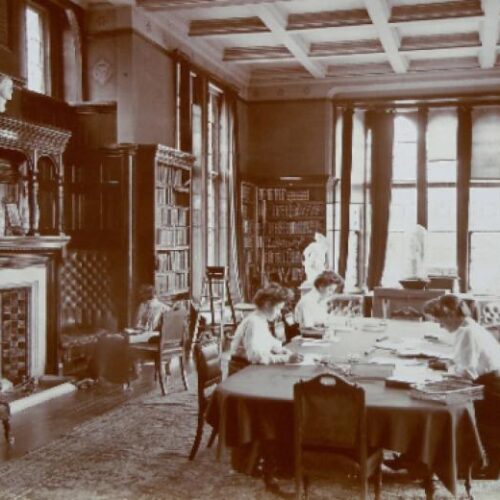

The Universities Tests Act, which ended religious discrimination in admissions and employment at the universities of Oxford, Cambridge, and Durham became law on 16 June 1871. The Act abolished religious ‘tests’ for all subjects apart from divinity, and meant that the universities were no longer allowed to force prospective members of staff or students to ‘subscribe to any article or formulary of faith’ or ‘to make any declaration or take any oath respecting… religious belief’. It also stopped the universities from requiring staff or students to ‘conform to any religious observance, or to attend or abstain from attending any form of public worship, or to belong to any specified church, sect, or denomination’. This allowed non-Christians, non-conformist Christians, and Roman Catholics to take up roles such as professorships and fellowships at the three universities for the first time. Previously, these roles had only been available to members of the Church of England.
In 1826, the University of London (now University College London) had been founded as a consciously secular alternative to Oxford and Cambridge (and the city’s first university). Quickly becoming known as the ‘godless college’ of Gower Street, it was open from its outset to students of all faiths and none and, in 1878, became the first university to enrol women on the same terms as men.
Before the 1871 Act, the University of Oxford Act 1854 had removed religious tests for undergraduate degrees, and the Cambridge University Act 1856 had abolished them for degrees in Arts, Law, Music, and Medicine. But there were still restrictions on higher degrees and to become a member of the governing body of the university (known as the Senate). The 1871 Act abolished these requirements, saying the Universities of Oxford, Cambridge, and Durham ‘should be rendered freely accessible to the nation.’
This marked an important step in advancing freedom of religion or belief in the UK. However, in the early 1900s ongoing requirements at Cambridge that students attend religious worship led in part to the creation of the Cambridge Heretics. Over a century later, and 150 years on from the 1871 Act, state-funded schools are still permitted to select staff and pupils on religious grounds. Humanists UK has long campaigned for these discriminatory practices to end.
Universities Tests Act | Oxford Reference
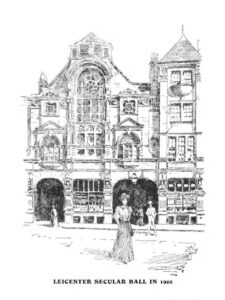
I might fill columns with tales of the debaters, co-operators, socialists, individualists, critics, artists, scientists, clergy and cranks, who, as […]
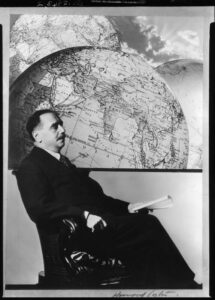
The Progressive League was an organisation dedicated to the advancement of scientific humanism, founded by author H.G. Wells and philosopher […]
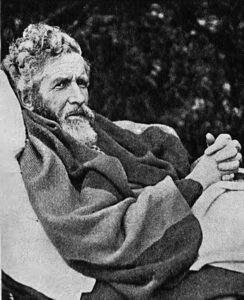
It has been suggested that matter is capable of destruction, that every atom is destined to be dissolved away in […]
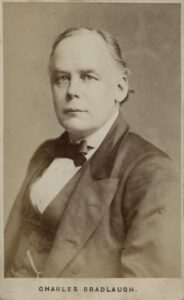
Charles Bradlaugh was a leading freethinker, secularist, and founder of the National Secular Society. His efforts to take his seat […]